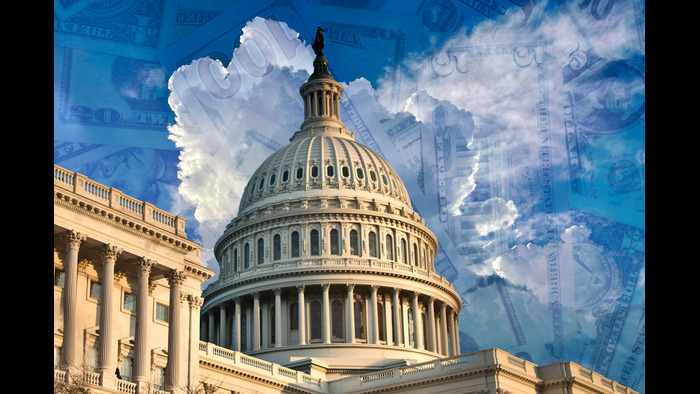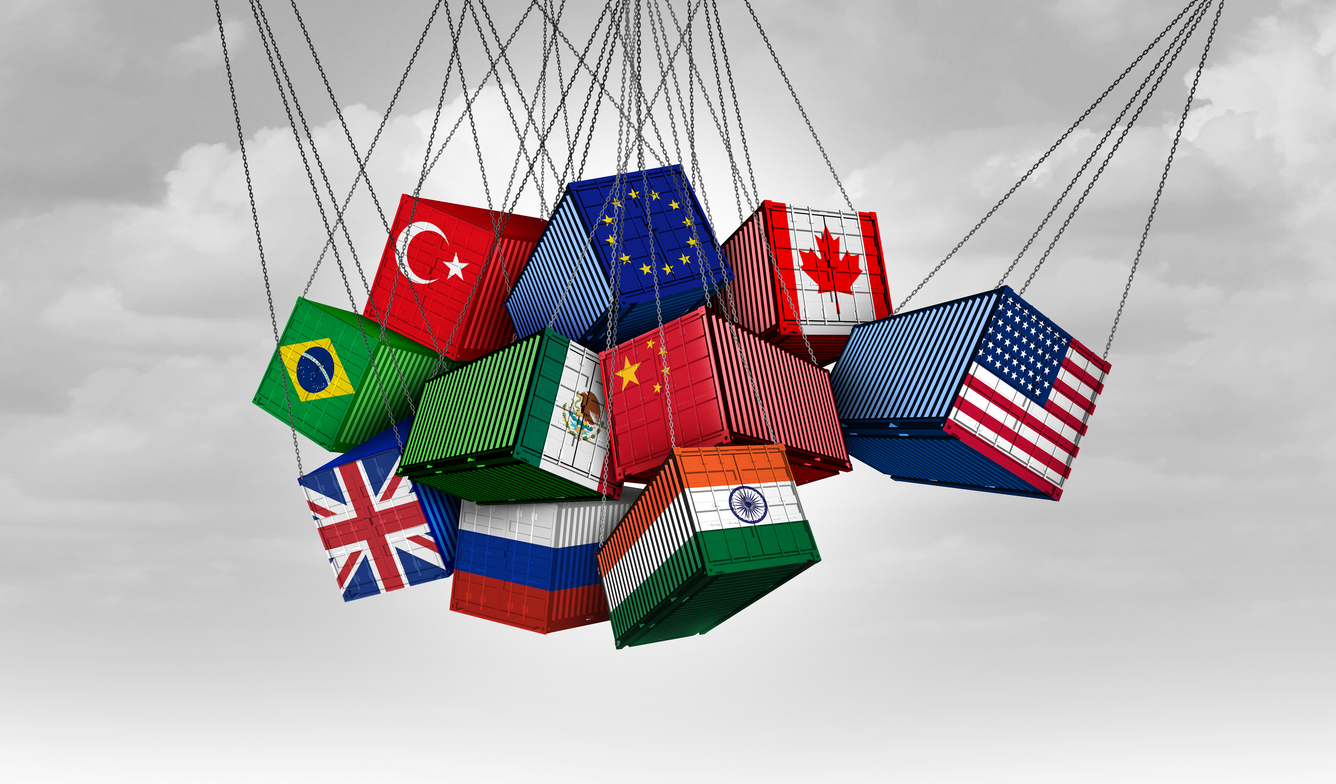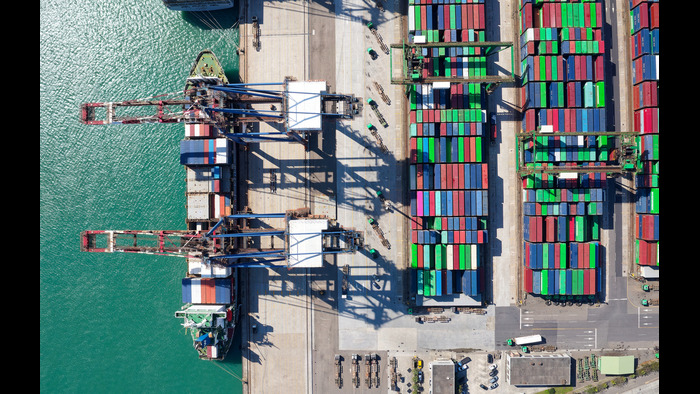Reading the Tea Leaves: Will Tariffs Finally be Lifted?
Biden-Harris administration signal removing tariffs possible
- By [ Blake Harden ]
- 05/17/2022
During an address from the White House on May 10, President Biden stated that the administration is currently evaluating how to move forward with the tariffs imposed on Chinese imports put in place by the Trump Administration under Section 301 of the Tariff Act of 1974.
The tariffs were imposed in 2018 and 2019 after a Section 301 investigation by the Office of the U.S. Trade Representative into China’s unfair trade practices related to intellectual property and forced technology transfer. Since then, more than $136 billion in additional duties have been assessed on products imported by U.S. businesses, despite the fact that the majority of the products being hit with a tariff have literally nothing to do with intellectual property or forced technology transfer.
Retailers and their customers, American families, are bearing the brunt of this massive tax hike. And RILA, along with many others in the business community, have long been advocating that imposing the tariffs is a poor strategy that needs to be reversed.
In his May 10 address, Biden signaled that the administration could remove the tariffs as a way to combat inflation but emphasized that no decision has been made yet.
“We’re discussing that right now,” the President told reporters on May 10 after a speech on rising prices at the White House. “We’re looking at what would have the most positive impact.”
The President’s comments follow a string of similar comments from senior administration officials over the past few weeks and have raised hopes in Washington that tariff relief may finally be coming.
On April 21, Deputy National Security Adviser Daleep Singh made headlines when he said the tariffs “‘served no strategic purpose’ in most cases and should be ‘reframed” so that they advance ‘real strategic priorities,’ such as fortifying supply chains or maintaining U.S. leadership in technology.” He questioned why the U.S. imposed tariffs on products like bicycles, apparel, and underwear. “There are a whole host of goods – think lists 3 or 4(a) – where it's not obvious, to me at least, what strategic purpose they’re serving.”
A day later, Treasury Secretary Janet Yellen made news when she said tariff relief is “worth considering.”
On April 25, Press Secretary Jen Psaki was asked about Singh and Yellen’s comments. She said that “some of the tariffs implemented by the previous administration were not strategic and instead raised costs on Americans.” Similar to Biden’s comments, Psaki stated that the administration is continuing to review the effectiveness of the tariffs.
However, the Office of the U.S. Trade Representative (USTR) still seems reluctant to consider tariff relief, at least that continues to be their official public position.
In comments made on May 2 at the Milken Institute Global Conference, USTR Katherine Tai acknowledged tariff relief was on the table but said the administration must look at monetary and tax policy as well and “rethink” trade policy.
When asked by Members of Congress about the 301 tariffs during the 2022 Trade Policy Agenda hearings in March, USTR Tai suggested that cutting tariffs on Chinese imports would cost her leverage at the negotiating table with Beijing.
“We need to make sure that whatever we do right now, first of all, is effective, and second of all, doesn't undermine the medium-term design and strategy that we know we need to pursue,” she said.
So where does that leave the status of the tariffs?
There are several forces at play that could serve as an impetus for USTR to adjust the 301 tariffs:- USTR’s statutorily required review of the tariffs that will play out this summer;
- Congress may act to include language on 301 exclusions in a final conferenced China bill;
- USTR’s court-imposed deadline of June 30 to publicly state its rationale for products on Lists 3 and 4a;
- There is a rumored forthcoming section 301 investigation into Chinese industrial subsidies; and
- The U.S. International Trade Commission’s recently launched study on the impact of the tariffs.
Record high inflation, combined with ongoing supply-chain challenges should be the catalyst the administration needs to finally put an end to this tax on American families.
Tags
-
International Trade
-
Public Policy
-
Supply Chain
-
Supporting Free Markets and Fostering Innovation






